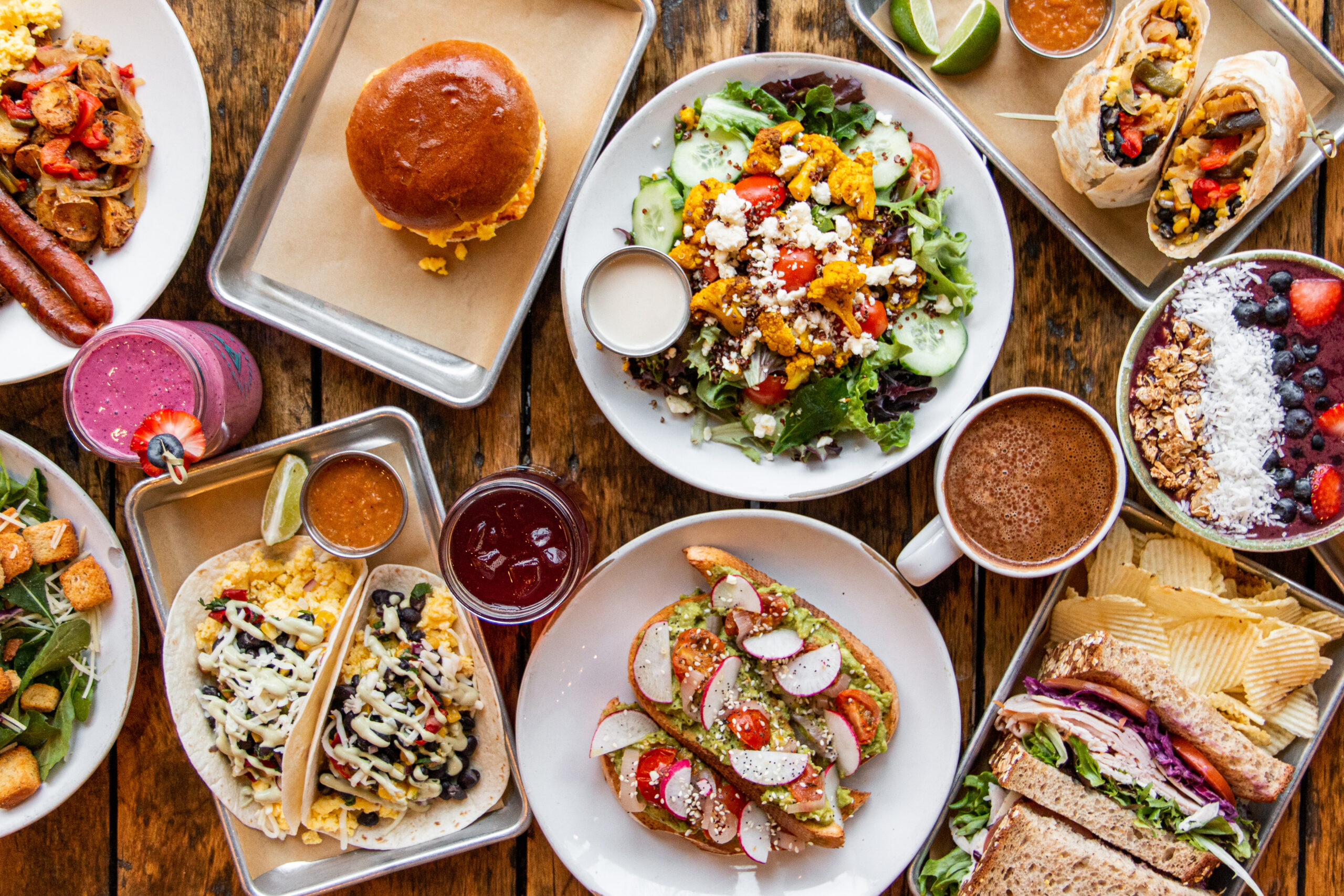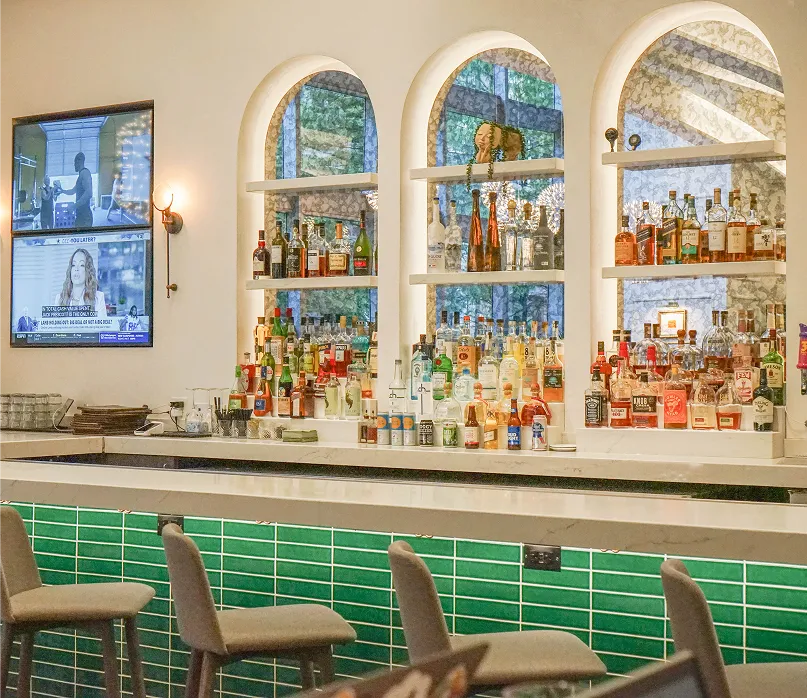Farm-to-Table and Hyper-Local Sourcing Transforming the Food and Beverage Space

Farm-to-Table and Hyper-Local Sourcing Transforming the Food and Beverage Space
Over the past decade, the farm-to-table movement and hyper-local sourcing have gained significant traction in the food and beverage space. These trends reflect a growing demand for fresh, sustainable, ethically sourced ingredients. By bridging the gap between farms and dining tables, restaurants offer healthier, tastier dishes, support local economies, and foster a deeper connection to the food we consume. Here are a few insights from our team of experts on how these movements are reshaping the F&B landscape and why they matter.
The Essence of Farm-to-Table
Farm-to-table is a culinary concept that emphasizes sourcing ingredients directly from local farms. This approach minimizes the distance food travels from its origin to the consumer, ensuring freshness and reducing the carbon footprint associated with long-distance transportation. The result is a dining experience highlighting seasonal, high-quality ingredients at their peak flavor.
Benefits of Farm-to-Table Dining
Freshness and Flavor: Ingredients used in farm-to-table restaurants are often harvested at their peak and delivered immediately to the kitchen. This freshness translates to superior taste and nutritional value, offering diners a richer culinary experience.
● Sustainability: By sourcing locally, restaurants reduce their reliance on long supply chains, which can be environmentally taxing. This practice supports sustainable agriculture and reduces food miles, contributing to lower greenhouse gas emissions.
● Supporting Local Economies: Farm-to-table dining fosters a symbiotic relationship between restaurants and local farmers. By purchasing directly from local producers, restaurants help sustain small farms and stimulate the local economy.
● Seasonality and Variety: Menus that follow the farm-to-table philosophy change with the seasons, offering diners a diverse array of dishes throughout the year. This seasonality encourages chefs to be creative and adaptable, creating innovative and exciting culinary offerings.
Hyper-Local Sourcing: Taking It a Step Further
Hyper-local sourcing takes the farm-to-table concept to the next level by sourcing ingredients from the immediate vicinity, often within the same city or on-site. This approach includes rooftop gardens, urban farms, and restaurant-owned plots.
Advantages of Hyper-Local Sourcing
● Unmatched Freshness: When ingredients are grown on-site or within a short distance, they can be used almost immediately after harvesting. This ensures maximum freshness and flavor, elevating the overall dining experience.
● Transparency and Trust: Diners appreciate knowing exactly where their food comes from. Hyper-local sourcing offers unparalleled transparency, allowing guests to see the gardens or farms where their ingredients are grown.
● Community Engagement: Restaurants that engage in hyper-local sourcing often become community hubs. They can host farm tours, gardening workshops, and community events, fostering a sense of community and connection.
● Educational Opportunities: Hyper-local sourcing provides an excellent opportunity for restaurants to educate their customers about sustainable practices, seasonal eating, and the importance of supporting local agriculture.
Farm-to-Table and Hyper-Local Sourcing Examples:
● Blue Hill at Stone Barns, New York: This renowned restaurant pioneered the farm-to-table movement. Located on a working farm, Blue Hill offers a menu that changes daily based on the freshest ingredients available from the farm and surrounding areas.
● Noma, Copenhagen: Consistently ranked among the best restaurants in the world, Noma emphasizes hyper-local sourcing and foraging. Chef René Redzepi and his team frequently explore the local environment for unique and seasonal ingredients.
The Future of Farm-to-Table and Hyper-Local Sourcing
As consumers become more conscious of their food choices and environmental impact, the demand for farm-to-table and hyper-local sourcing will likely grow. Restaurants that embrace these movements will cater to this demand and contribute to a more sustainable and ethical food system.
Farm-to-table and hyper-local sourcing are transforming the F&B space by emphasizing freshness, sustainability, and community engagement. By supporting local agriculture and offering diners a deeper connection to their food, these practices pave the way for a more delicious and responsible future in dining. As these movements continue to evolve, they promise to enhance the culinary landscape and promote a healthier, more sustainable approach to eating.
If you would like to learn how Infuse Hospitality can create an expertly crafted food and beverage experience for your F&B project, please reach out to say hello!

Read More
Your all-in-one F&B solution for hospitality, restaurants, and mixed-use spaces. We celebrate local identity and create sustainable social hubs.

© 2025. INFUSE HOSPITALITY, INC. ALL RIGHTS RESERVED
Designed by Charly Agency



